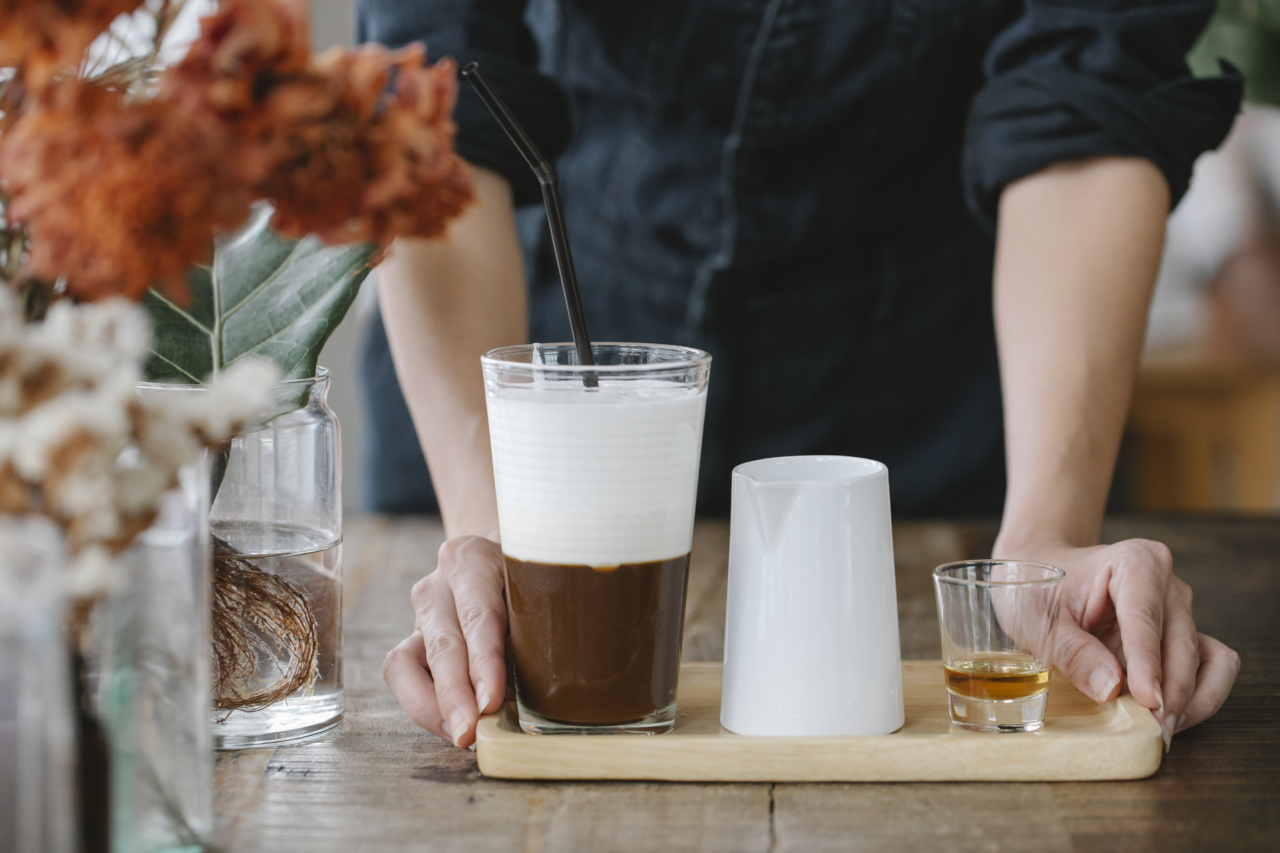Both caffeine and alcohol have become staple beverages in our society. Caffeine is the go-to morning drink, while alcohol is usually reserved for nights out with friends.
Both have stimulant effects on our bodies, but they affect us in very different ways. This article will explore the differences between caffeine and alcohol and which one ultimately comes out on top.
The Effects of Caffeine
Caffeine is a stimulant found in coffee, tea, energy drinks, soda, and chocolate. It acts on the central nervous system, blocking adenosine receptors and increasing the levels of dopamine and norepinephrine.
This leads to increased alertness, concentration, and energy.
The effects of caffeine usually kick in after 15-45 minutes, peak at 1-2 hours, and last for 3-5 hours. However, the duration and intensity of its effects depend on factors like age, body weight, metabolism, and tolerance.
While caffeine has several benefits, such as improving mood, memory, athletic performance, and reducing the risk of some diseases, it also has some side effects.
These include jitteriness, anxiety, insomnia, nausea, and increased heart rate and blood pressure.
The Effects of Alcohol
Alcohol is a depressant that affects the central nervous system by slowing down the activity of neurotransmitters such as GABA and glutamate. Its effects are dose-dependent, meaning that different amounts can have different effects.
Low doses of alcohol can lead to relaxation, cheerfulness, and sociability, while high doses can lead to sedation, impaired judgment, and memory loss.
The effects of alcohol begin to appear after 10-30 minutes, peak at 30-60 minutes, and last for 1-2 hours per drink.
However, factors like gender, age, body weight, metabolism, tolerance, and food intake can affect how fast and how much alcohol is absorbed into the bloodstream.
While alcohol has some perceived benefits, such as reducing stress and anxiety and improving social connections, it also has some negative effects.
These include dehydration, impaired coordination and reflexes, increased risk of accidents and injuries, liver damage, and addiction.
The Differences Between Caffeine and Alcohol
Caffeine and alcohol differ in several ways, including their effect on brain chemistry, physical effects, and potential for addiction.
Effect on Brain Chemistry
Caffeine acts as a stimulant by increasing the levels of dopamine and norepinephrine, while alcohol acts as a depressant by slowing down the activity of neurotransmitters such as GABA and glutamate.
Caffeine can boost concentration, memory, and alertness, while alcohol can impair these functions. Caffeine can also improve mood, while alcohol can enhance negative emotions like anger, sadness, and anxiety.
Physical Effects
Caffeine can increase heart rate and blood pressure, while alcohol can decrease them. Caffeine can also cause insomnia, while alcohol can induce sleepiness.
Alcohol can impair coordination, balance, and reflexes, while caffeine can enhance motor performance and endurance. Caffeine can also suppress appetite, while alcohol can stimulate hunger.
Potential for Addiction
Caffeine has a lower potential for addiction than alcohol. While both substances can cause tolerance and withdrawal symptoms, caffeine withdrawal is usually mild and short-lived, while alcohol withdrawal can be severe and life-threatening.
Most people consume caffeine without any negative consequences, while some people may develop an addiction or dependence on it.
On the other hand, alcohol is more likely to cause problems with addiction, tolerance, and dependence, especially in heavy drinkers.
Which Wins: Caffeine or Alcohol?
It’s difficult to say which one is better or worse since they have different effects and uses. However, it’s safe to say that caffeine is generally considered to be the winner in terms of health benefits and safety.
Caffeine, when consumed in moderation, can have several benefits such as reducing the risk of some diseases, improving cognitive performance, and enhancing physical endurance.
It’s also relatively safe for most people to consume, as long as they don’t exceed the recommended daily intake (400 mg for most healthy adults).
On the other hand, alcohol, when consumed in excess or with frequency, can have several negative effects such as addiction, liver damage, impaired judgment, and increased risk of accidents and injuries.
It’s also not recommended for pregnant women, people with certain medical conditions, and those who are taking certain medications.
Conclusion
Caffeine and alcohol are two popular beverages that have different effects on our bodies.
Caffeine acts as a stimulant by increasing alertness, focus, and energy, while alcohol acts as a depressant by slowing down the brain activity and inducing relaxation and sedation. Both substances can have benefits and side effects, and their use should be balanced and responsible.
If you’re looking for a healthy and safe beverage, caffeine may be the way to go. However, if you’re looking for a way to unwind and socialize, alcohol may be a good option, as long as moderation and caution are exercised.






























